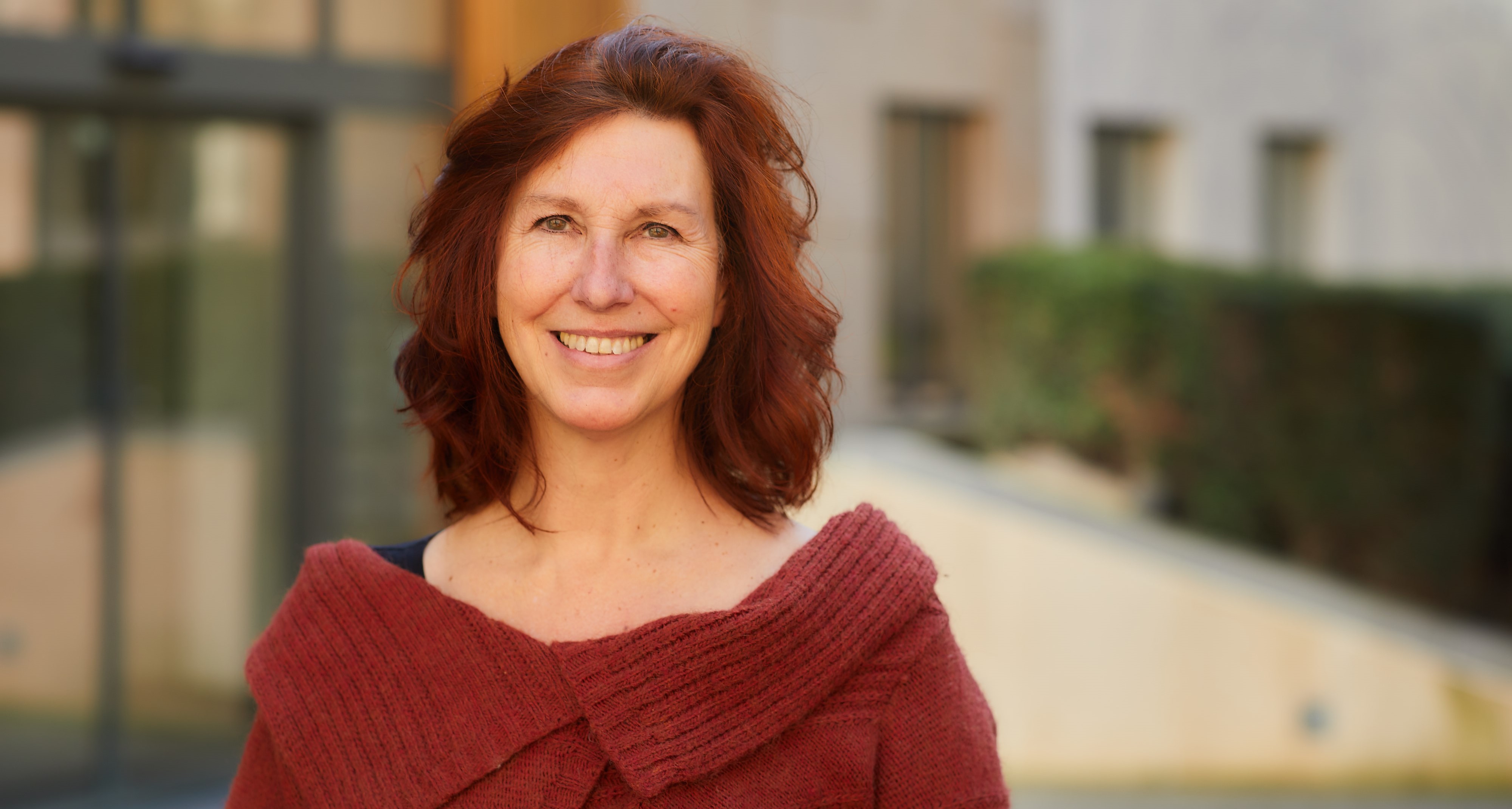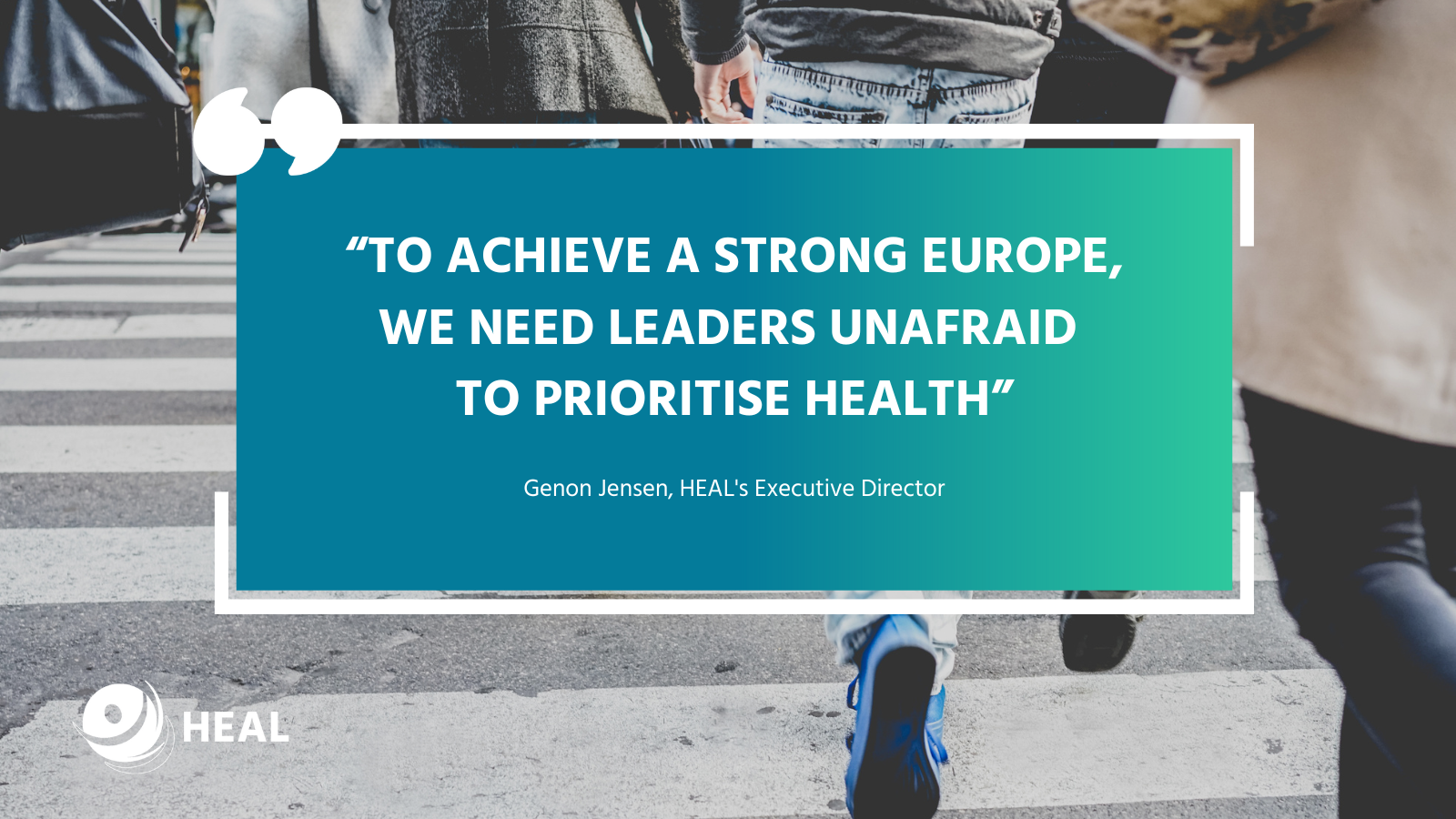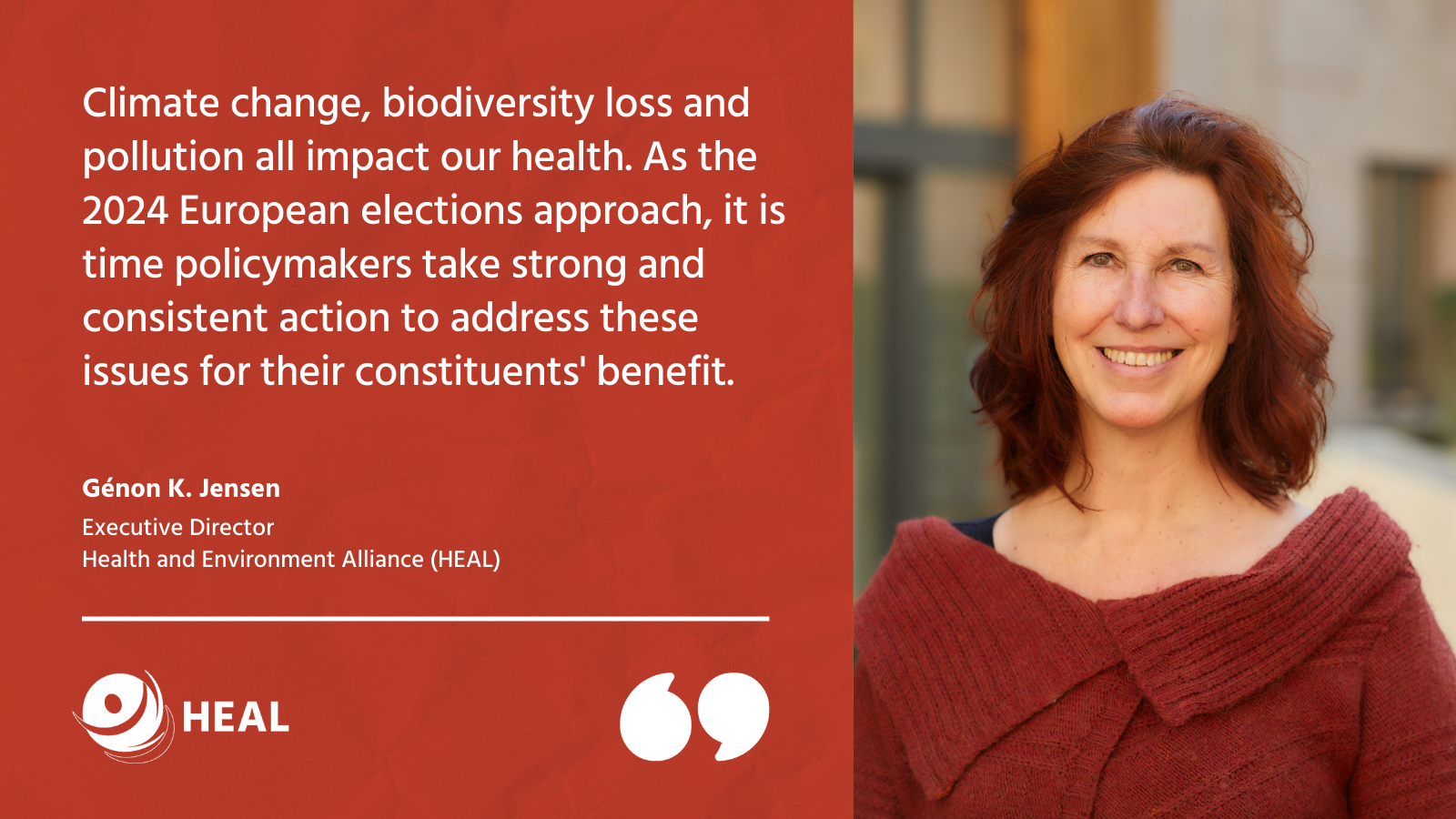Green 10 letter to the President of the European Commission on upholding and scaling up Green Deal commitments
The Green 10 coalition, which HEAL is a part of, encourages the EU Commission President to prioritize and scale up the Green Deal commitments towards zero pollution, thriving nature and health.









